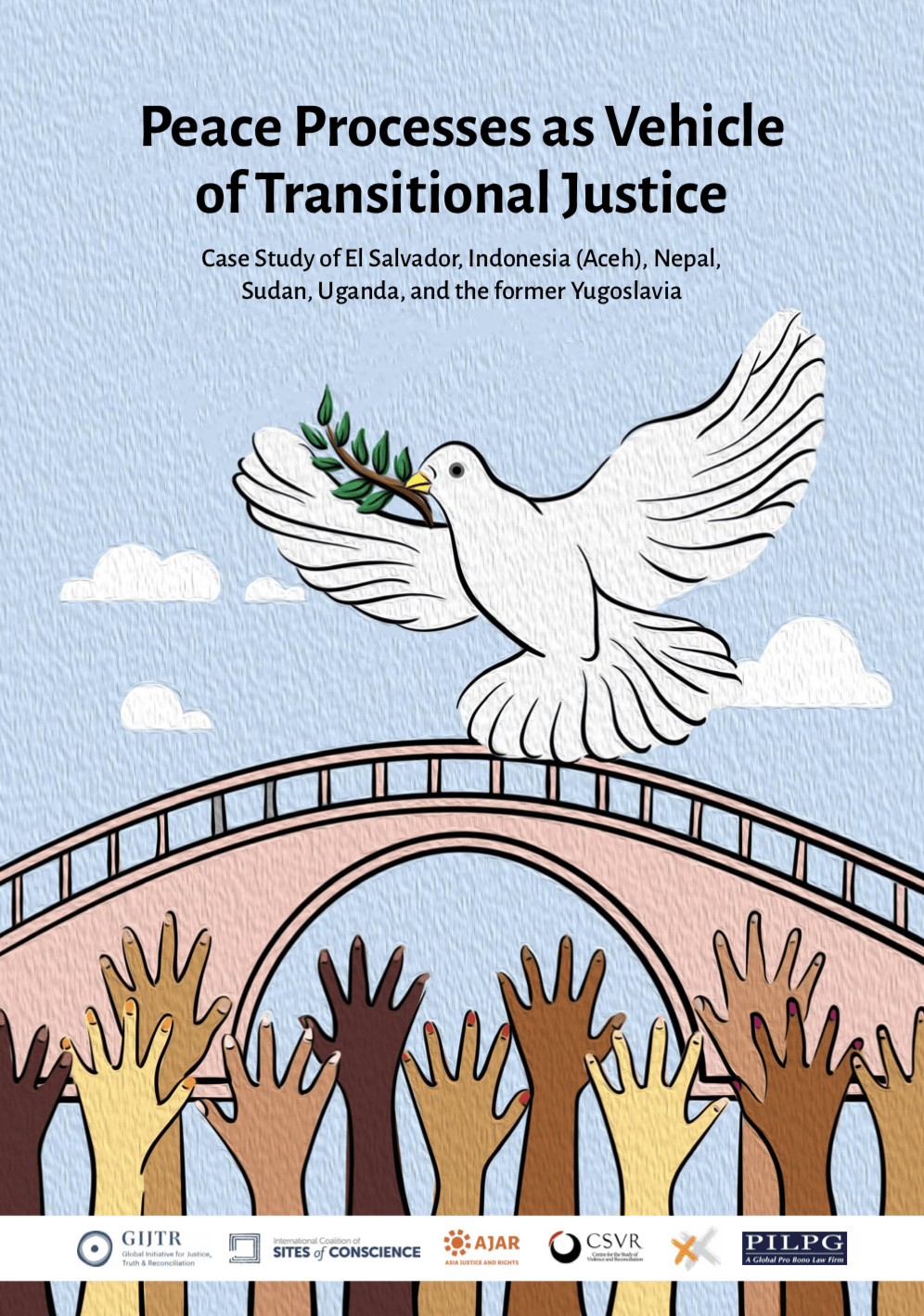For states that emerged from armed conflict or authoritarian rule, peace negotiations offer key opportunities for the achievement of transitional justice objectives. A peace agreement that sets forth a comprehensive framework and that conscientiously responds to victims’ needs can lay the groundwork for national reconciliation and renewal. Conversely, one that deals casually or carelessly with transitional justice imperatives can cause grievances to fester and entrench a culture of impunity.
These findings and visualisation present common challenges, lessons and recommendations as to how peace processes can best nurture and promote transitional justice. Adapted from the Global Initiative for Justice, Truth and Reconciliation (GIJTR)’s project on Peace Process and Transitional Justice, we highlighted strategies that stakeholders might adopt in order to motivate genuine discussion of transitional justice and break deadlocks, design robust
and responsive programs, and boost compliance. It also provides specific guidance on the five core elements of transitional justice: accountability, truth-telling, reparations, institutional reform, and memorialisation.
